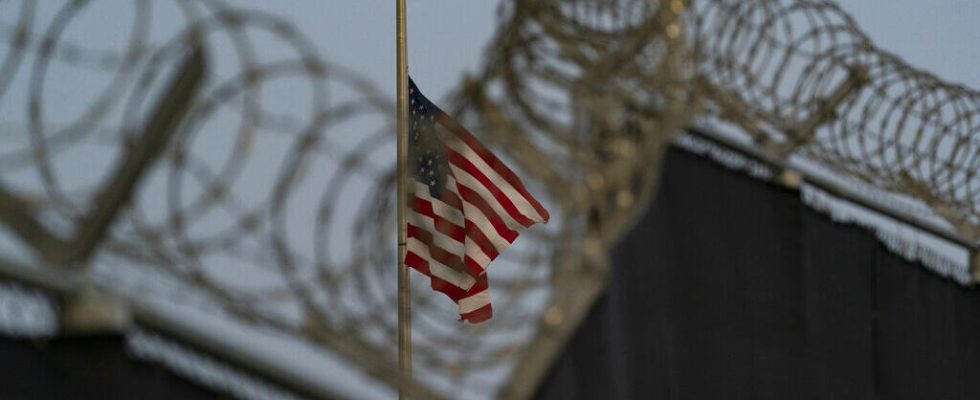A US military magistrate ruled on Friday August 18 that the confessions of a man suspected of being linked to an al-Qaeda attack could not be used as evidence because they had been obtained under torture, a first which could constitute a new obstacle in the legal proceedings related to 9/11.
2 mins
Guantanamo judge says confession by Abd al-Rahim al-Nashiri, the alleged mastermind of the 2000 USS Cole bombing in Yemen that killed 17, was tainted by years of violence suffered by the suspicious and inflicted by the CIA and FBI. ” Excluding such evidence is not without cost to society wrote the magistrate, Colonel Lanny Acosta. ” However, allowing the use of evidence obtained by or under torture by the same government that seeks to prosecute and execute the accused may have even greater costs to society. »
Abd al-Rahim al-Nashiri’s lawyer, Anthony Natale, said the judge had dismissed a key element on which the prosecution intended to rely to convict him. The long-open case, for which Abd al-Rahim al-Nashiri could face the death penalty, remains bogged down in its pre-trial phase by this decision, with no indication of when a full trial could take place. ‘open.
Lawyers for Abd al-Rahim al-Nashiri and five defendants suspected of being linked to the al-Qaeda attacks of September 11, 2001 have been fighting for ten years within the Guantanamo military tribunal to have the evidence obtained under torture.
A decision that is not binding on the other judges
Abd al-Rahim al-Nashiri, 58, is suspected of having participated in the organization of the murderous attack against the USS Cole on October 12, 2000. He is also accused of being linked to the explosion of the oil tanker Limburg occurred in 2002 in the same region, during which one person was killed.
Anthony Natale stressed that the ruling applied only to Abd al-Rahim al-Nashiri’s case, and was not binding on other judges overseeing the Guantanamo military tribunal proceedings. According to him, however, this introduces “ a model that other judges could try to replicate “.
Read alsoGuantanamo twenty years later: torture prevents any trial
(With AFP)
